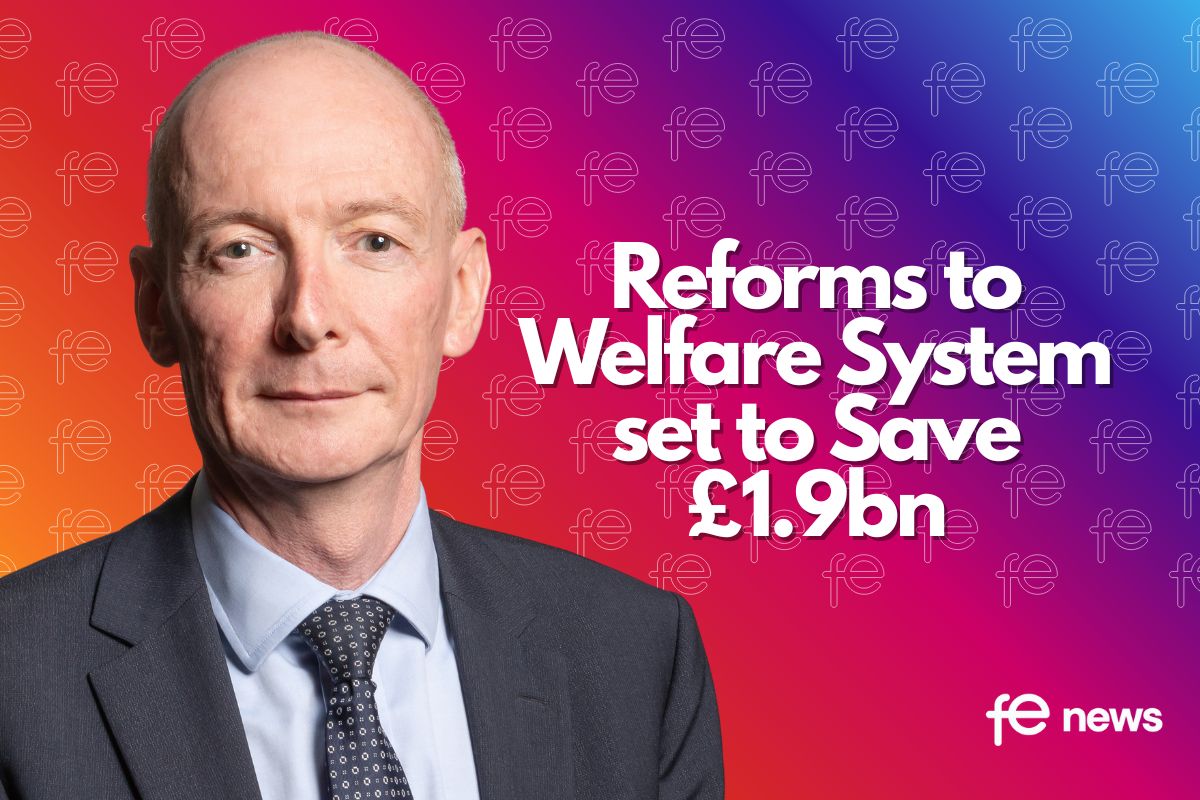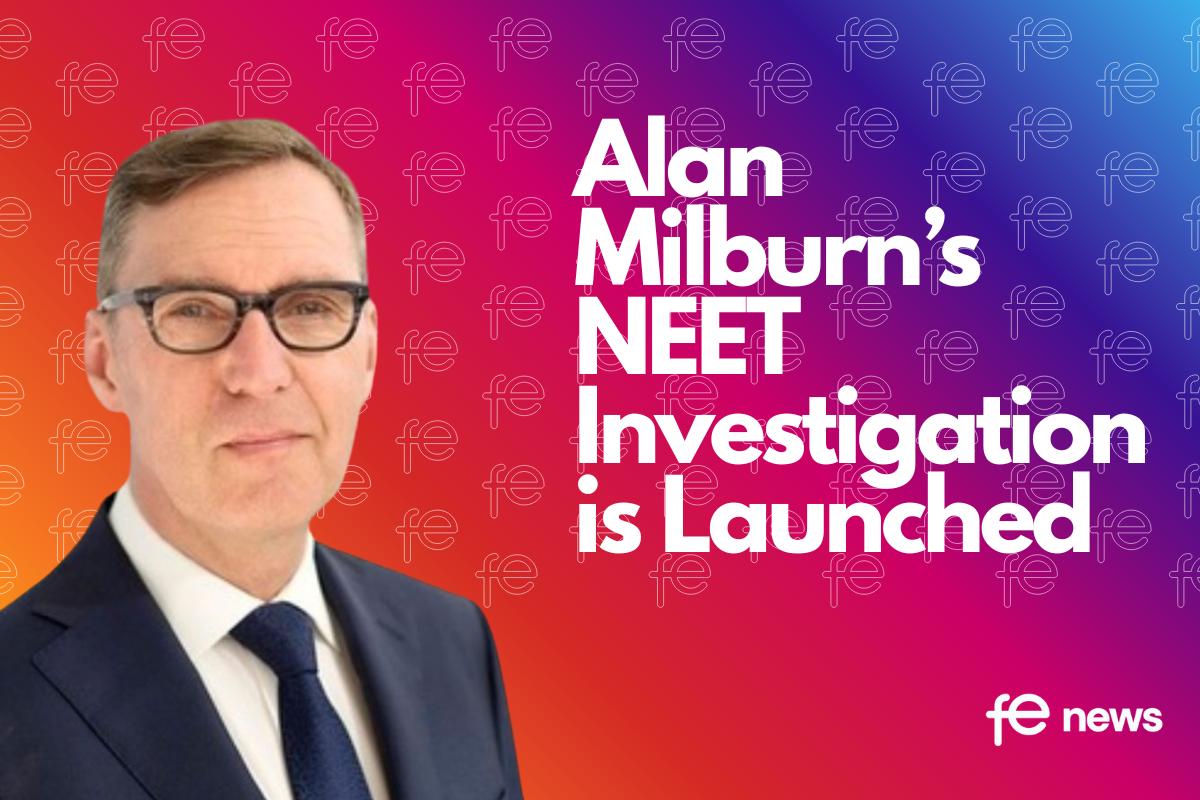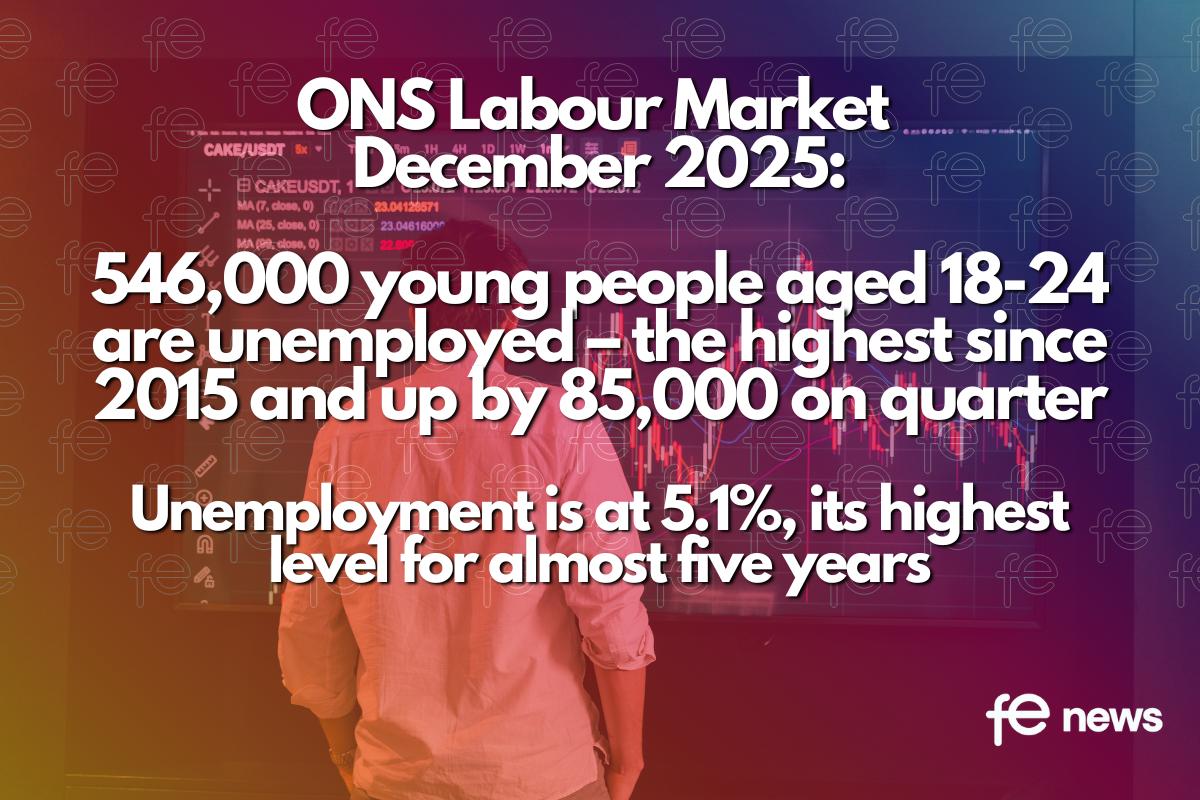Why we have not yet solved youth unemployment

The recent government statistics showing that the UK is enjoying the highest levels of employment on record, masks the reality of the alarming rise in ‘hidden’ youth unemployment.
Young people, often those furthest from the labour market, are telling us that they are struggling; we hear this at Youth Employment UK through our network of more than 20,000 young people, and also in reports from organisations such as the Prince’s Trust where young people describe feeling that their futures are out of their control.
But tackling youth unemployment risks falling down the agenda; in 2011 when levels were the highest on record (1 million young people Not in Education, Employment or Training (NEET), research of organisations such as Acevo, Impetus PEF and many others told us that youth unemployment was a crisis that we cannot afford to ignore and government policy plus investment and CSR strategies, all turned their attention to the impact that high levels of youth unemployment had both on the economy and the young people themselves.
However as we increasingly fall under the illusion that the problem has all but gone away, attentions are now focused elsewhere. Yet when you add the number of young people claiming support (525,000 – December 2017 to February 2018) to the number of hidden young people according to London Youth (480,000 February 2018), and you also take into account the fall in Apprenticeship and Trainee starts and funding, plus the growing number of young people in low-paid temporary/zero hours or underemployed jobs, it is clear that we still have major challenges to tackle.
We are nowhere close to tackling youth unemployment and there has to be a real shift change; we need to start working better together to support all young people.
As a membership body, Youth Employment UK brings together all stakeholders including most importantly the young people themselves and is well placed to be at the heart of delivering the real change that these young people and our economy needs. We have expert insight into what is working and what areas need further support.
We have created key services to respond to the needs of our members and have developed comprehensive policy recommendations based on that knowledge.
Policy must be geared towards the real needs and challenges of young people
For too long policy has been designed in the “Whitehall bubble”, with very little personal insight into the experiences of young people, or understanding of some of the unintended consequences of reform.
It is key to making any real changes in youth unemployment and social mobility, that young people are included in the consultation, design and decision making process. This not only applies to government policy but business and funding policy too.
At Youth Employment UK our work with key government departments such as the Department for Education, and Work and Pensions, and our leading role on the APPG for Youth Employment, has brought the voices of hundreds of young people to policy makers, politicians and business leaders.
The change is now being felt as government departments have called on the inclusion of young people for a number of current consultations.
Our work has so far only been the tip of the iceberg and there is much more to be done by all organisations in this space, to embed young people into the decision making systems around them both locally and nationally.
We all have to raise our standards
Imagine if those working with, supporting and employing young people were doing so against a best practice framework. For too long young people have received patchy support and been subjected to poor employment related experiences often resulting in poor retention. If we want to ensure that all young people are given the same quality opportunities then we have to help drive the standards in the youth employment space.
Driving these standards has a triple benefit:
- Better opportunities for young people
- Reducing the skills gap
- Improving ROI for employers
As an example, at Youth Employment UK, our Talent Match Mark Platinum Level has been endorsed by key academics, charities and businesses and is already recognised by employers such as EY, British Gas and youth organisations like Groundworks and Develop EBP.
The Talent Match Mark is the only kitemark of its kind that has been developed by young people to remove barriers to training, support and employment.
Fair and equal access to skills and careers information is crucial
The lack of consistency and support for young people is a significant barrier to employment. Young people repeatedly share with us experiences of not being able to access support.
When support is available it is not always impartial or accessible through the key transition periods young people face (14-24) i.e. it is school or college based and there is little support outside of this.
Youth Employment UK’s Young Professional Membership and Careers Hub provide free, impartial online skill, careers and peer-led inspiration for all young people aged 14-24 regardless of their education, employment or training status and has been accessed by more than 40,000 young people across the UK.
We should all work together
In my 6 + years as CEO of Youth Employment UK, I have seen too much duplication and lack of joined up working in the youth employment space. It is not helpful when organisations believe that they alone have the products and services to address the systemic challenges faced by young people. This approach does not work, and the data we have today proves that.
As a truly youth-led organisation without any direct delivery, and the track record of working with the key stakeholders, we would like to see organisations come together, collaborate, and share, and if necessary to team up or partner so they can scale their work rather than compete in the same space.
The plethora of well intentioned employability programmes, apps, websites and initiatives have done little to make any fundamental changes to the employment prospects for young people, other than to make the landscape even more confusing for them.
At Youth Employment UK we believe that together we can make the real change that is needed to tackle youth unemployment once and for all.
Laura-Jane Rawlings, CEO, Youth Employment UK CIC
For more information on Youth Employment UK email [email protected]











Responses